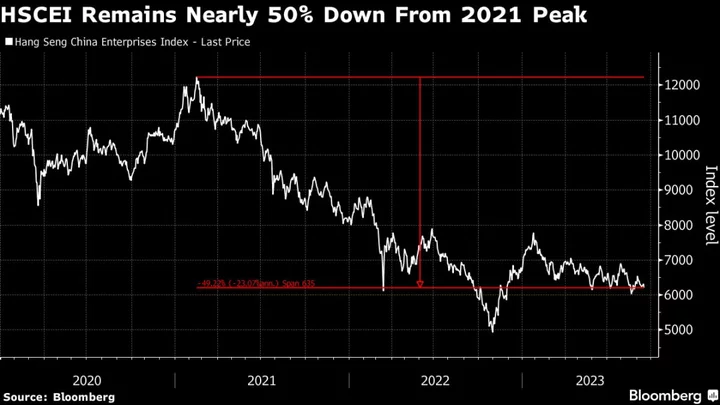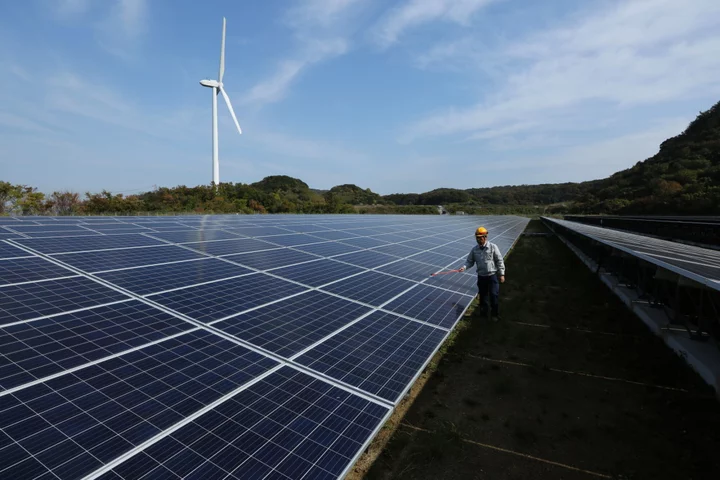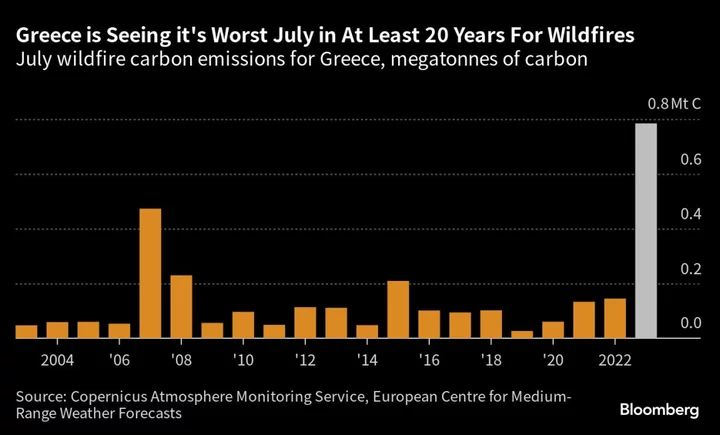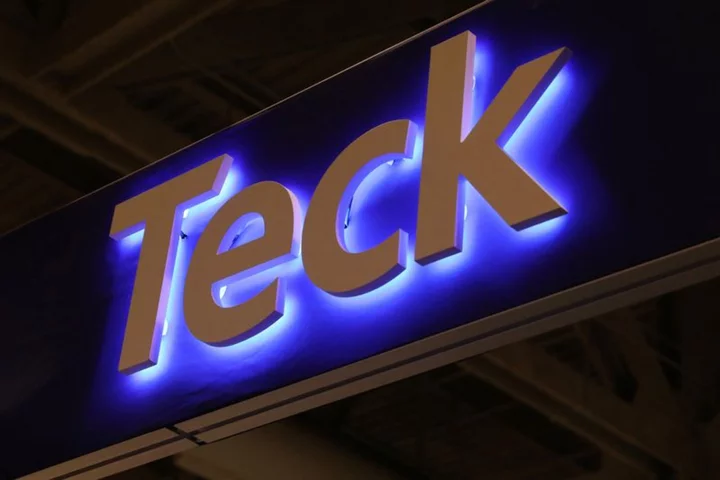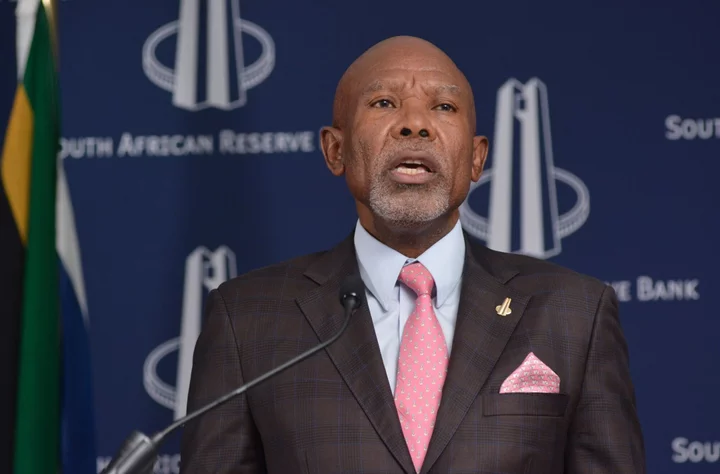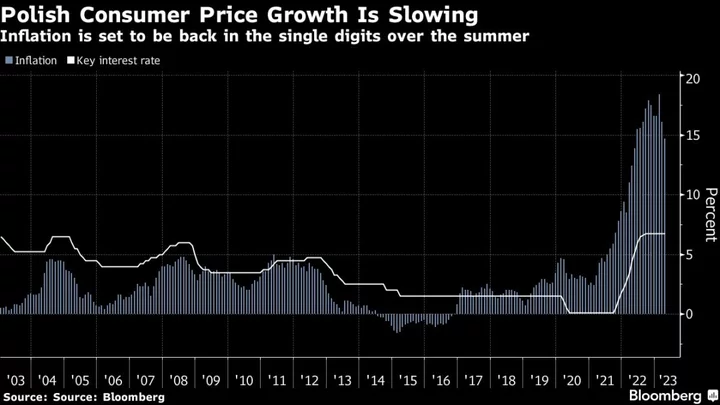The persistent weakness in Chinese stocks listed in Hong Kong augurs ill for risk-loving retail investors in South Korea, given their exposure to the market through complicated structured products.
Equity-linked securities, or ELS, worth 7 trillion won ($5.3 billion) — mostly tied to the Hang Seng China Enterprises Index — were at risk of capital losses as of end-June, according to the Korea’s top watchdog Financial Supervisory Service. About 6 trillion of these are scheduled to mature in early 2024, the watchdog said last week, adding that it will continue to monitor the threat from HSCEI-tied structured products.
The HSCEI has plunged nearly 50% from early 2021, given China’s lackluster economy, its tensions with the West and a crisis engulfing its property sector. That has turned the index-linked ELS products issued at the time with a three-year maturity into a trade with potential for “unprecedented” losses, according to Jung Inji, an analyst at Yuanta Securities Korea.
“Since the ELS market was established in South Korea, retail investors had never suffered such a huge amount of losses upon maturity, even during the time of financial crisis,” he said.
ELS products offer bond-like coupons if the underlying equities or indexes maintain certain levels, but if they drop sharply, investors can lose much or all of their principal. Such exotic finance products have been popular among South Korean mom-and-pop traders seeking to chase returns that are higher than local fixed-deposit rates.
While each product has different conditions, “a lot of people will lose money” if the HSCEI drops below 6,000 by the time of maturity, according to Jung. Investors may catch a break if the index climbs back above the 8,000 level, he added, though that seems like a stretch from where it is now. The gauge, one of the world’s worst-performers this year, fell to as low as 6,169.17 Tuesday, approaching a new low for 2023.
Once the losses are finalized, they will have a domino effect on retail investors and the overall sentiment in the ELS market, Jung said.
The financial watchdog has vowed to increase scrutiny over these products and beef up monitoring on potential losses. It also asked local brokerages to better manage hedges for ELS products amid concerns of a surge in margin calls, which contributed to a dramatic plunge in the local currency in March 2020.
“Macroeconomic conditions in China and overseas are not great,” said Xuehua Cui, China equity analyst at Meritz Securities Co. The HSCEI “needs about a 30% jump and the chance isn’t high.”
(Updates with the HSCEI’s decline Tuesday in sixth paragraph.)

